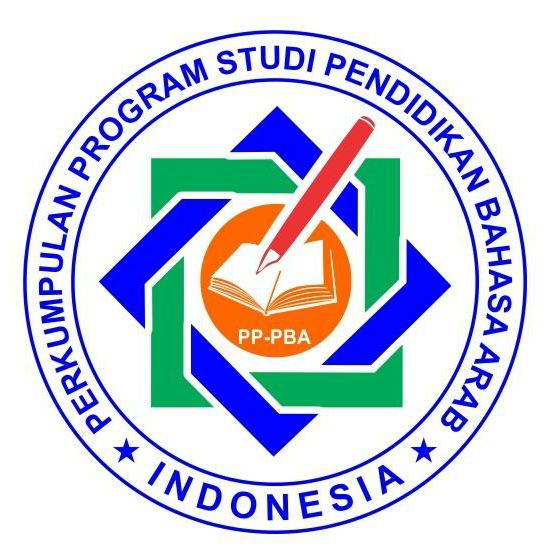Reformasi Gagal Total, Kawan!: A Stylistics Study of Political Satire in Eka Kurniawan’s Corat-coret di Toilet
DOI:
https://doi.org/10.37680/aphorisme.v1i1.321Keywords:
Political satire, stylistics, Eka Kurniawan, Corat-coret di ToiletAbstract
This paper aims to discuss and analyze political satire in Eka Kurniawan's short story titled Corat-coret di Toilet. By applying descriptive qualitative research as well as stylistics approach, researcher then reading the whole text of the short story, analyzing the political satire, and taking notes the sentence related to political satire inside. Found that there are nine sentences of satire in the short story that refer to political satire that was written by some students on the campus toilet's walls against the situation of the government in the year of 1990s where the freedom of conveying aspirations is tightly limited. The ubiquity of political satire in this short story builds critical thinking on the readers and also stimulates them intensely to be able to interpretatively understand what is meant by the political satire, the relation of those political satires with the political and social condition in Indonesia, specifically in the end of New Order and the beginning of reform era. Finally, the political satire in Corat-coret di Toilet reflects legal and social injustice in Indonesia. Nevertheless, Kurniawan's work able to persuade the readers with a sense of humor, sadness, anger and the truth of the Indonesian situation, to understand and care more about social and government phenomena in their own country.
References
Block, D. (2016). “Political Satire as Old as Politics” at VoANews.com, December 21. Retrieved from https://www.voanews.com/usa/political-satire-old-politics on January 14, 2020.
Bloom, E. & Bloom, L. (1979). Satire’s Persuasive Voice. Ithaca, NY: Cornell University Press.
Bogdan, R. C. & Biklen S. K. (1982). Qualitative Research for Education: an Intoduction to Theory and Methods. Boston: allyn and Bacon, Inc.
Galih, B. (2018). “20 Tahun Tragedi Trisakti, Apa yang Terjadi pada 12 Mei 1998 Itu?” at Kompas, May 12. Retrieved from https://nasional.kompas.com/read/2018/05/12/10504581/20-tahun-tragedi-trisakti-apa-yang-terjadi-pada-12-mei-1998-itu?page=all on January 144, 2020.
Greenberg, J. (2019). The Cambridge Introduction to Satire. Cambridge: Cambridge University Press.
Harmon, W. & Holman C. H. (1996). A Handbook to Literature. Seventh edition. New Jersey: Prentice Hall.
Jones, J. P. (2005). Entertaining politics: new political television and civic culture. Lanham, MD: Rowman & Littlefield
Keraf, G. (2007) Diksi dan Gaya Bahasa. Jakarta: Gramedia.
Kurniawan, E. (2014). Corat-coret di toilet. Jakarta: PT Gramedia Pustaka Utama.
Lee, H. & Kwak, N. (2014). “The affect effect of political satire: sarcastic humour, negative emotions, and political participation”, Mass Communication and Society, 17 (3), 307-328. doi:10.1080/15205436.2014.891133
McArthur, T. (1992) The Oxford Companion to the Engish Language. New York: Oxford University.
Reilly, I. (2012). “Satirical fake news and/as American political discourse”. The journal of American Culture, 35 (3), 258-275
Sutherland, J. (1958). English Satire. The Clark Lectures. Cambridge: Cambridge University Press.
Tarigan, H.G. (2013). Pengajaran Gaya Bahasa. Bandung: Angkasa
Young, D.G (2017). “Theories and effects of political humour: discounting cues, gateways, and the impact of incongruities” in Kenski Kate and Kathleen Hall Jamieson (Eds). The oxford handbook of political communication. Oxford: Oxford University Press.
Downloads
Published
Issue
Section
License
Authors who publish with this journal agree to the following terms:
Authors retain copyright and grant the journal right of first publication with the work simultaneously licensed under a Creative Commons Attribution-NonCommercial 4.0 International License that allows others to share the work with an acknowledgement of the work's authorship and initial publication in this journal.
Authors are able to enter into separate, additional contractual arrangements for the non-exclusive distribution of the journal's published version of the work (e.g., post it to an institutional repository or publish it in a book), with an acknowledgement of its initial publication in this journal.
Authors are permitted and encouraged to post their work online (e.g., in institutional repositories or on their website) prior to and during the submission process, as it can lead to productive exchanges, as well as earlier and greater citation of published work.





.jpg)


